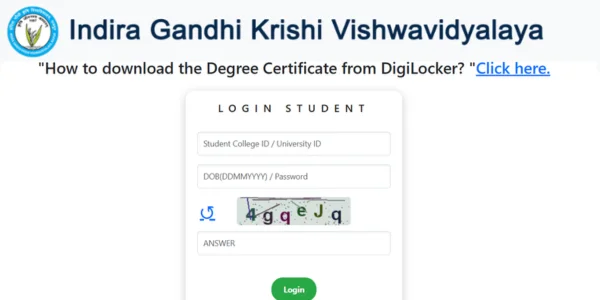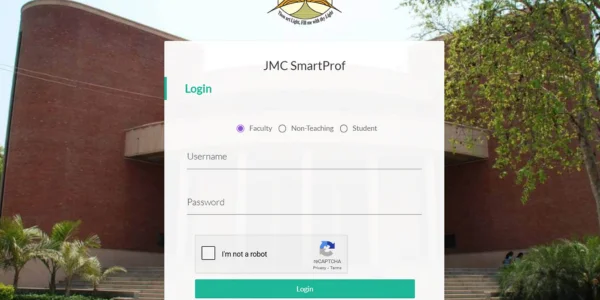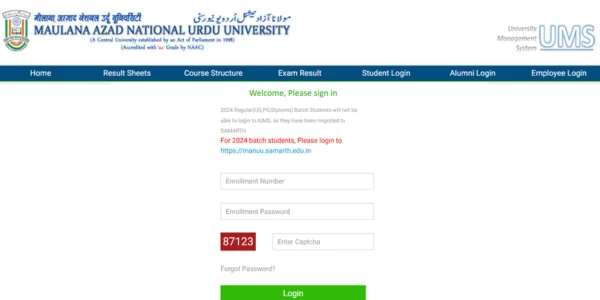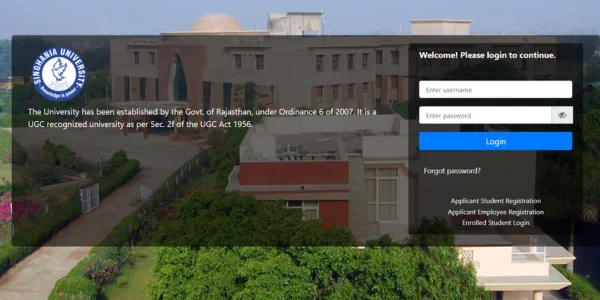The full form of EC in education is Electronics and Communication Engineering. It is a branch of engineering that focuses on the design, development, and maintenance of electronic devices, communication systems, and signal processing. The EC course is available at diploma, undergraduate (B.Tech/B.E.), and postgraduate (M.Tech/M.E.) levels.
Eligibility Criteria
The eligibility for the EC course depends on the level of study:
Diploma in EC Engineering (D.ECE)
- Qualification: 10th pass with minimum 50% marks.
- Duration: 3 years.
- Admission Process: Merit-based or entrance exams.
Bachelor’s Degree (B.Tech/B.E. in ECE)
- Qualification: 12th pass (Science stream with Physics, Chemistry, and Mathematics).
- Duration: 4 years.
- Admission Process: JEE Main, state-level exams, or direct admission.
Master’s Degree (M.Tech/M.E. in ECE)
- Qualification: B.Tech/B.E. in ECE or related fields.
- Duration: 2 years.
- Admission Process: GATE or university-level entrance exams.
Subjects Covered
The EC course includes subjects like:
- Electronic Circuits and Devices
- Digital Signal Processing
- Microprocessors and Microcontrollers
- Wireless and Mobile Communication
- VLSI and Embedded Systems
- Antenna and Wave Propagation
- Artificial Intelligence and IoT Applications
Career Opportunities
Electronics and Communication Engineering offers diverse career opportunities in telecommunications, IT, robotics, and automation.
Job Roles:
- Electronics Engineer
- Telecommunication Engineer
- Network Analyst
- Embedded Systems Developer
- Software Engineer (VLSI, IoT, AI, Robotics)
Top Employers:
- ISRO, DRDO, BHEL, BEL
- TCS, Infosys, Wipro, HCL
- Reliance Jio, Airtel, Vodafone
Why Choose EC Engineering?
- High demand in technology-driven industries.
- Opportunities in government and private sectors.
- Scope for innovation in IoT, AI, and 5G technologies.
Electronics and Communication Engineering is a future-ready field offering exciting career growth in modern technology sectors.




